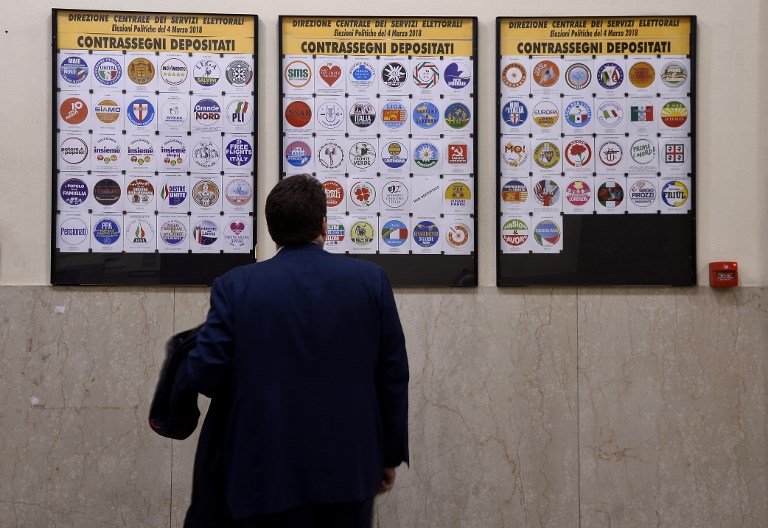
Scholars agree that two major issues oriented voting behaviours during the Italian general election of 2018. The first was the state of the economy, which had not yet recovered from the lowest points reached during the Great Recession, but had nevertheless exhibited some marginal improvement. The second issue originated from another crisis, the refugee and asylum emergency, which contributed to increasing the presence of foreigners in Italy and the salience of the migration issue.
The article investigates the impact of these two types of problem on the 2018 election results by using aggregated objective data at the municipal level. It finds confirmation of the two issues’ impact on retrospective punishment of the incumbent Democratic Party also when using spatial regression models distinguishing the direct influence and the spill-over effects of the poor state of the economy and an increase in the size of the foreign population.
Giuliani M (2022). Looking retrospectively at the 2018 Italian general election: the state of the economy and the presence of foreigners. Contemporary Italian Politics, 14(1): 4-23, DOI: 10.1080/23248823.2021.2004640
Check the dataset and code



